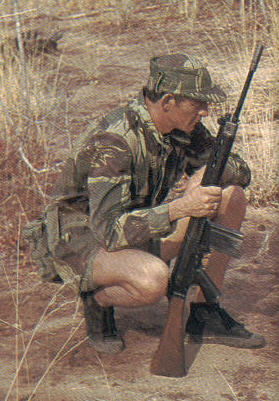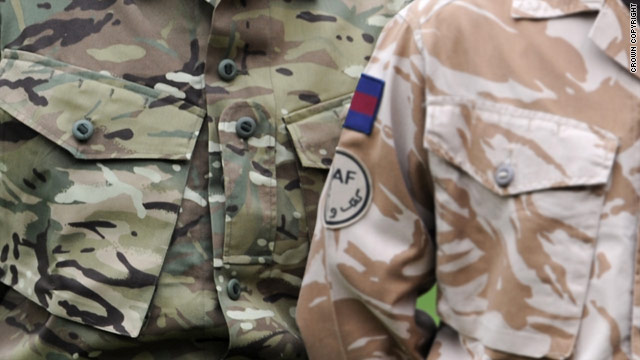Does anyone else see how scary this really is? We freak out about one Nigerian dude on a plane with explosive underwear, yet pirates have just hijacked two of the largest floating potential bombs you could ever get. So what happens when AQ contracts out the services of these pirates? The Gulf of Aden is smack dab in the middle of Somalia and Yemen, two countries ravaged by war and Islamic extremism, and now pirates have just captured a chemical tanker and ship carrying fertilizer. Am I the only one seeing the potential here?
The other one that gets me about this is how much are we spending on all of these navies floating around out there, and what is the return on investment? In my view, there should be ‘no hijacked vessels’ for the amount being spent. Which leads me to my next point. Put armed guards on the boats for crying out loud, and put the cost of security on the shipping companies. Use the navies as QRF’s or coast guards to help assist vessels that get into gun battles. And for all the ultra sensitive chemical and petrol tankers, assign one escort ship to them, either private or government, and call it good. That way, they can draw any fire of the pirates, away from the big vessel and on to the escort vessel for a fight. That’s just for the defense.
For the offense, we have to fix things on the land, so that there is nothing safe for pirates to go home too. Until we do fix things on land, we will continue to deal with these dorks on the open seas for a long long time. The Barbary Pirates are a prime historical example for what is going on right now, and these guys have a business model that works.
Now if we continue to depend upon large lumbering navies to defend hundreds of ships from little tiny boats with pirates on them, who are spread out amongst thousands of square miles of ocean, we will continue to have problems. To me, taking the gloves off and getting down to business, is basically creating a business out of eradicating pirates. The pirates have a business model that drives them, we need a business model that drives our goal of stopping them. That means Letters of Marque and Reprisal being issued to competent modern day privateers. If you create a bounty system, as well as allow privateers to keep a percentage of whatever that pirate company had in terms of assets, then you could definitely spark the interest of private industry for something like this. –Matt
——————————————————————
Somali Pirates Hijack Two Vessels
December 29, 2009
NAIROBI, Kenya — Somali pirates seized a ship carrying fertilizer from the U.S. in the Indian Ocean and a British-flagged chemical tanker in the heavily patrolled Gulf of Aden — the first merchant vessel to be hijacked in the gulf in nearly six months, officials said Tuesday.
The hijackings late Monday showed that pirates are relentless in their pursuit of quick money from ransoms and that ship owners need to take extra precaution when sailing in the Horn of Africa, said Noel Choong, who heads the International Maritime Bureau’s piracy reporting center in Kuala Lumpur, Malaysia.
The waters off Somalia are teeming with pirates, who have hijacked dozens of ships for multimillion-dollar ransoms in the past two years. An international naval force now patrols the Gulf of Aden, one of the world’s busiest shipping lanes.
After the latest hijackings, pirates now hold 12 vessels and 263 crew members, Mr. Choong said. Pirates anchor their captured crafts near Somalia’s shore in the pirate strongholds of Haradhere and Hobyo. International forces can’t rescue the vessels without risking the lives of the crew, leaving negotiated ransoms as the only safe means of resolution.
The latest incidents brought the number of attacks in the Gulf of Aden and off Somalia to 214 this year, with 47 vessels hijacked, Mr. Choong said. That compares to 42 successful attacks out of 111 attempts in 2008, before the EU Naval Force deployed in the Gulf of Aden in December 2008.

